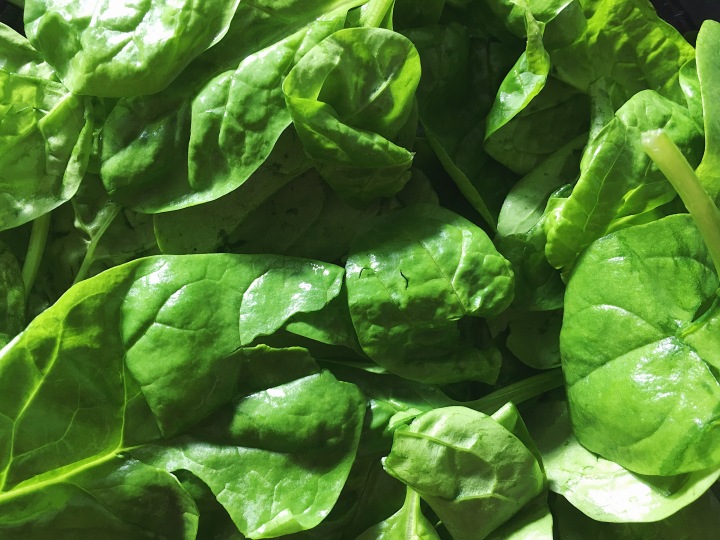
It’s a common misconception that in order to get enough protein in your diet, meat is the only way.
So I’ve created a short list below of plant-based proteins and their protein contents for those of you who are vegetarian, vegan or if you’re simply thinking about changing your eating habits.
1. Spinach
Spinach is a staple in the majority of my cooking nowadays. It’s simple to cook, adds a lovely splash of green to any dish and contains 5g of protein in just 1 cup.
Why not try:
Adding it to a side salad as additional greenery.
Add to a pasta dish to bulk it out and add more flavour.
2. Brocolli
Another cooking staple. If I’m not sure what to throw into the pan it’s always either spinach or brocolli that get added to the mix. 1 cup of brocolli contains 4g of protein and adds a really nice splash of colour to what can be an otherwise plain and boring meal.
Why not try:
Adding to a stir fry for a splash of colour.
Adding to a curry for extra flavour.
3. Brown Rice
I much prefer cooking with brown rice over white. It’s much less starchy and contains less carbs, with almost 5g of protein in 1 cup.
Why not try:
Instead of white rice, as a bed for a curry or stir fry.
4. Quinoa
I love cooking with Quinoa. It’s been highly marketed as a ‘superfood’ in recent years and how true that is I’m unsure. But it adds a good amount of bulk to any meal, particularly those containing rice, with around 9g in 1 cooked cup and without the carb overload.
Why not try:
Use it as a bed for your stir fry as an alternative to rice, or as a side dish.
Topping your salad or veg with cooked quinoa.
5. Chia Seeds
Much like Quinoa, chia seeds are great for adding additional bulk to a meal whilst boosting your fibre, healthy fats and protein. Just 1 tablespoon contains around 3g of protein.
Why not try:
Sprinkled on top of porridge or oatmeal.
Soaked for at least 30 minutes in almond milk for a basic chia seed pudding.
6. Peanut Butter
Peanut butter is an absolute favourite for me, particularly the ‘Whole Earth’ brand as it’s organic and has no added sugar. I add it to pancakes, top rice cakes with it for a post-workout snack and sometimes just eat it straight from the jar! There’s around 8g of protein in just 2 tablespoons of peanut butter.
Why not try:
Blending with a pancake mix to create peanut butter pancakes.
Topping rice cakes with peanut butter and banana.
7. Nuts
Walnuts, almonds, cashews, brazil nuts and many more are great sources of not only protein, but natural fats and minerals. Walnuts are my favourite to top yoghurt or cereal dishes. Around 1/4 of a cup of nuts contains 7-9g of protein.
Why not try:
Topping yoghurt, honey and blueberries for a mid-morning snack.
Grinding them to use in place of flour in gluten-free baking.
8. Seeds
Much like nuts, seeds such as pumpkin, sesame, flax, sunflower and hemp are all full of minerals and packed with protein. They vary in flavour and texture but are a great addition to any meal. Around 1/4 of a cup of seeds contains 7-9g of protein.
Why not try:
Sprinkled on top of salads to add crunch and extra nutrition.
Add to dessert recipes for a nutritional boost.
Are there more you’d add to this list? Let me know what they are and what you use them for or if there are any other uses you’ve found for the ones in this list!
A.x